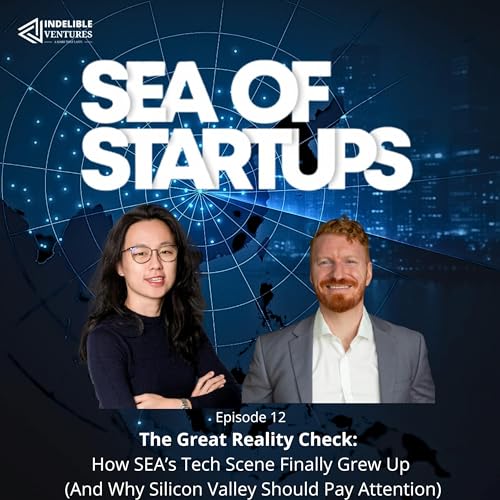
🎙️ EP 12:The Great Reality Check: How SEA's Tech Scene Finally Grew Up (And Why Silicon Valley Should Pay Attention)
Échec de l'ajout au panier.
Veuillez réessayer plus tard
Échec de l'ajout à la liste d'envies.
Veuillez réessayer plus tard
Échec de la suppression de la liste d’envies.
Veuillez réessayer plus tard
Échec du suivi du balado
Ne plus suivre le balado a échoué
-
Narrateur(s):
-
Auteur(s):
À propos de cet audio
Pas encore de commentaire



